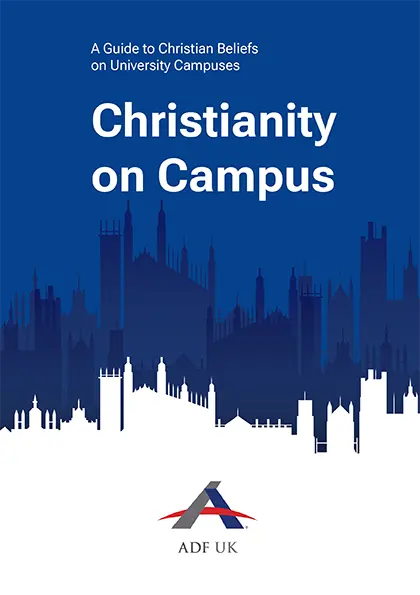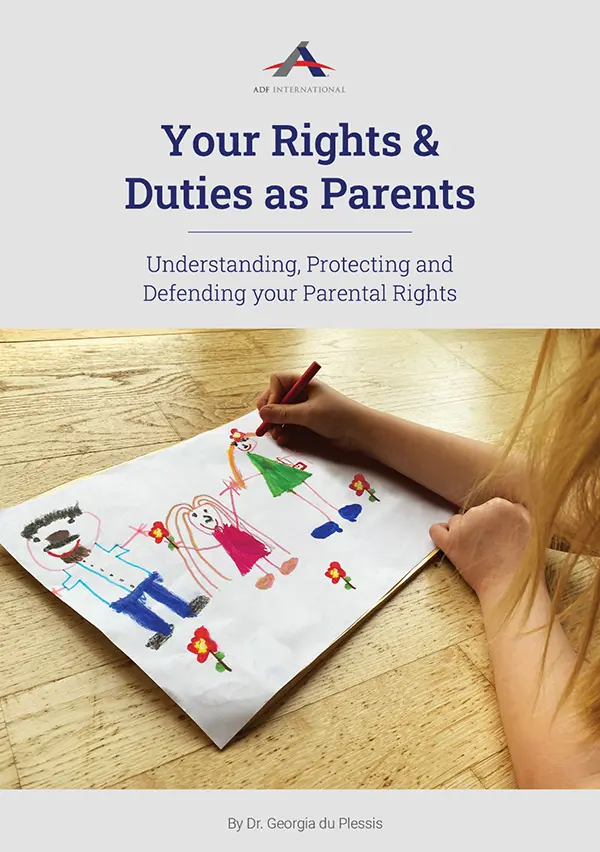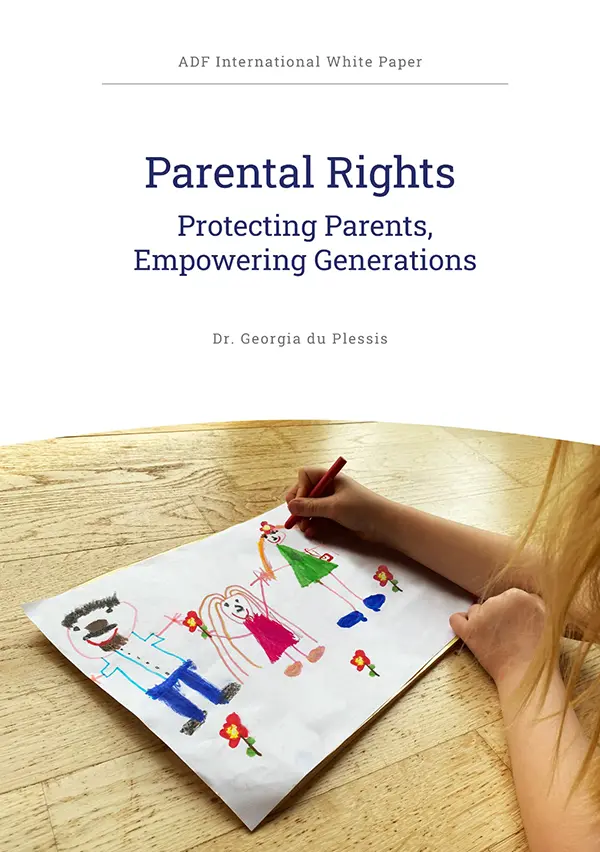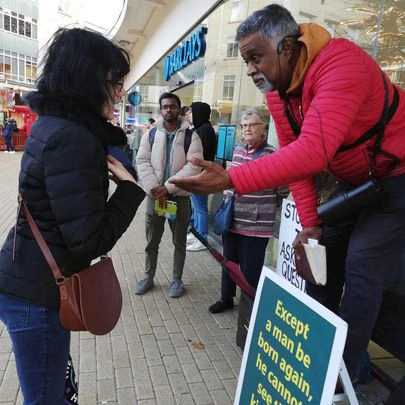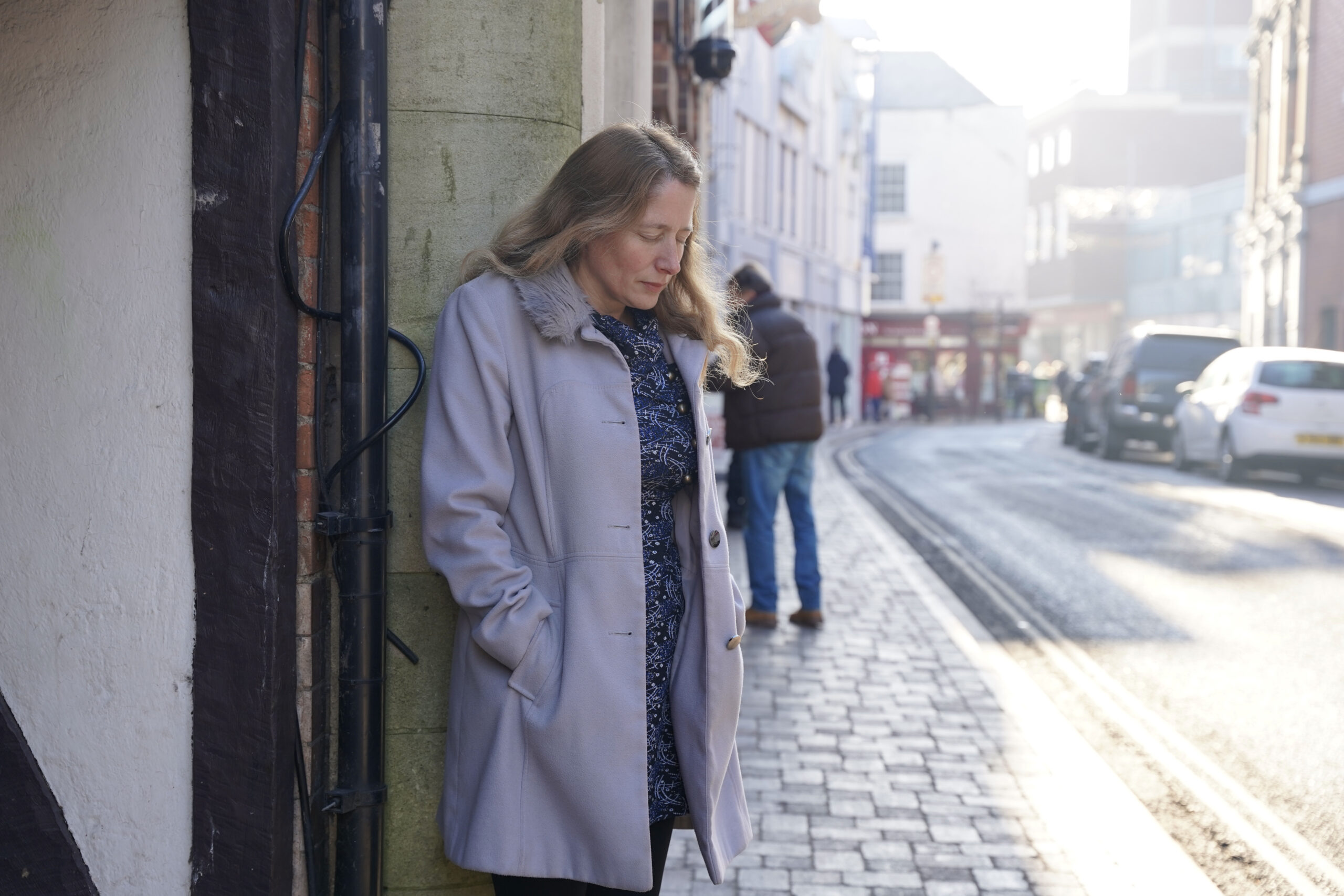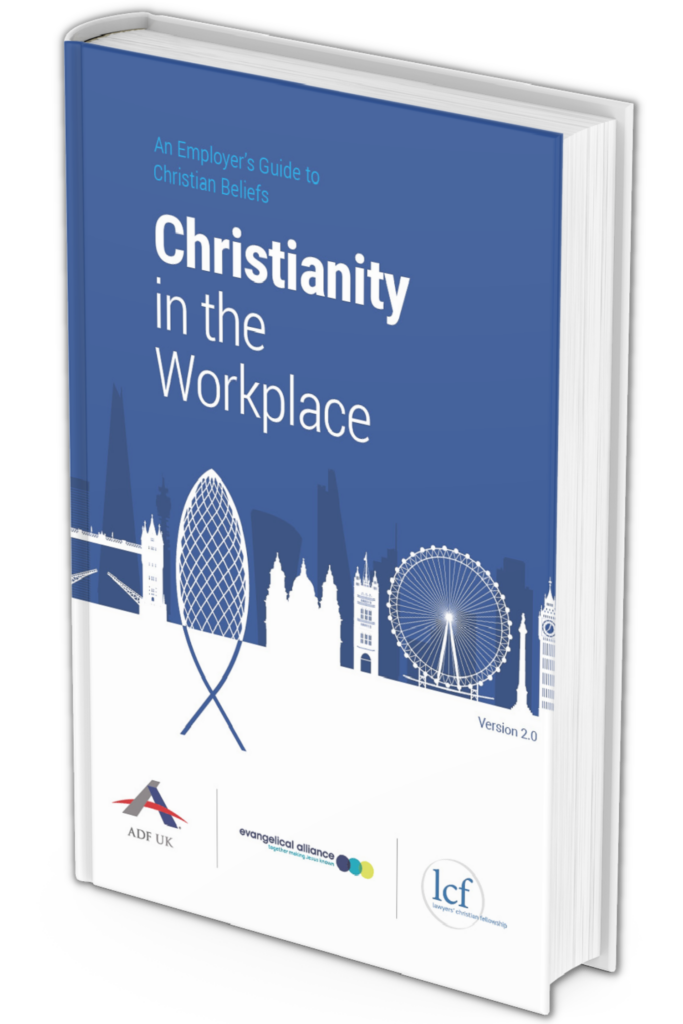Universities should be havens of free speech and debate, yet students in the UK are fearful that expressing their views on campus could adversely affect their future career opportunities.
Continue readingChristianity on Campus
Universities should be havens of free speech and debate, yet students in the UK are fearful that expressing their views on campus could adversely affect their future career opportunities.
Continue readingParental Rights Charter
Recalling that international human rights law recognises that the family is the fundamental unit of society and that the parent has primary authority as caretaker of the child, and that, in particular
Continue readingParental Rights Booklet
As parents, you have natural rights (and also duties) to raise your children. These are pre-political and pre-exist all governments, states and international organisations
Continue readingParental Rights White Paper
International human rights law recognises parents as their children’s primary caretakers and authorities. Yet, at a time of state-sanctioned ideologies, the natural rights of parents are being denied. The state is increasingly seen as the child’s primary caretaker, which violates the international human rights of parents. Parents’ ability to nourish their children’s spiritual, psychological and physical integrity is threatened.
Continue readingNavigate Destructive Gender Ideology in Schools
Some government officials are using our education system as a platform to introduce lies to children, including lies about the fundamental nature of their
biology. This push to enforce radical gender ideology is harming children, destroying families, and tearing away at the very truth and dignity of human nature, gender differences, marriage, and the family.
Police settle case brought by Christian pastor they tried to forbid from “commenting on any other religion”
Two MPs push for further crackdown on silent prayer despite outcry over “thought crime” arrests
NEW FOOTAGE shows officers “thought-policing” in Birmingham; government consultation on censorial “buffer zones” ends midnight
“Are you praying for the lives of unborn children?” asks officer in footage of recent street interrogation
Draft government guidance would prevent arrests based purely on silent thought near abortion facilities; Home Office welcomes public feedback until 11.59pm this evening

